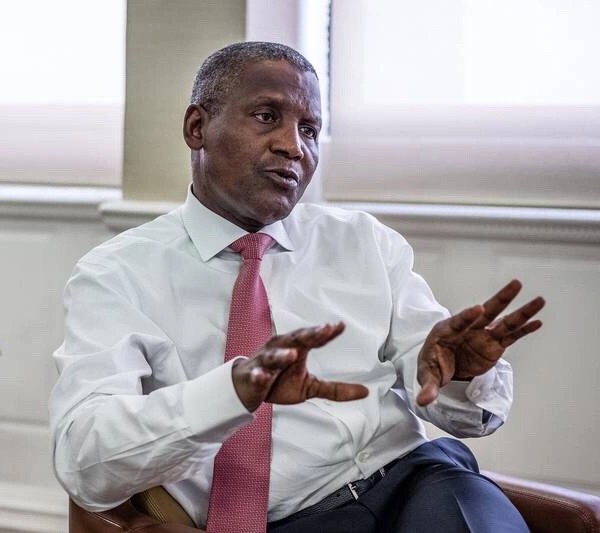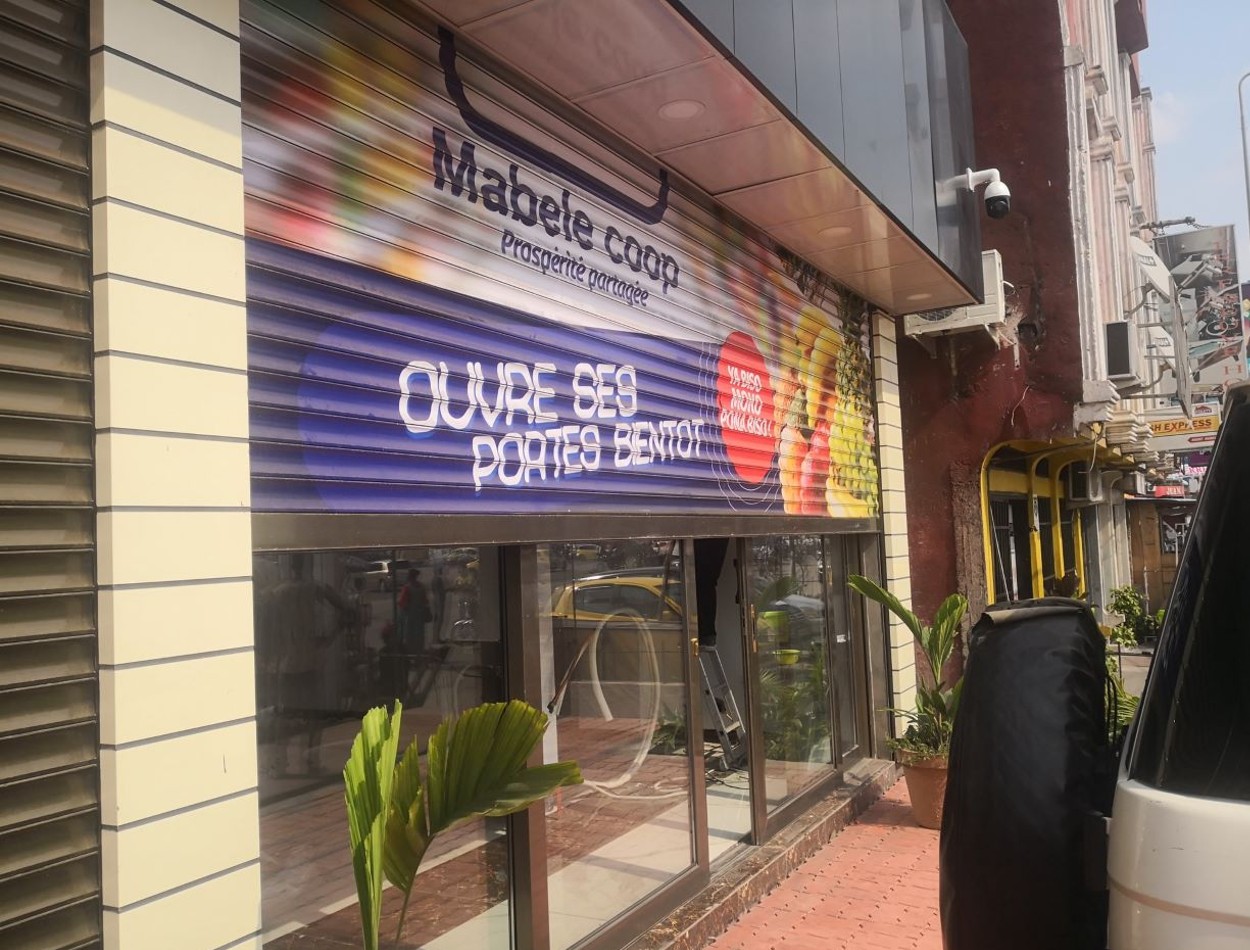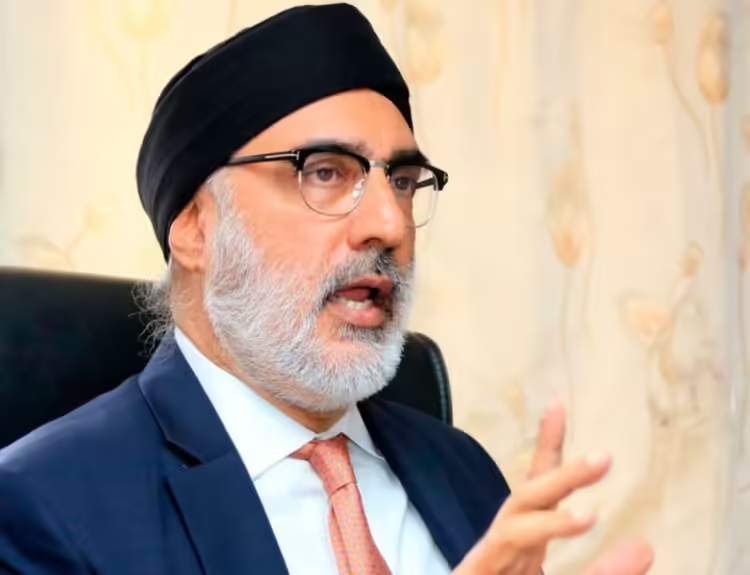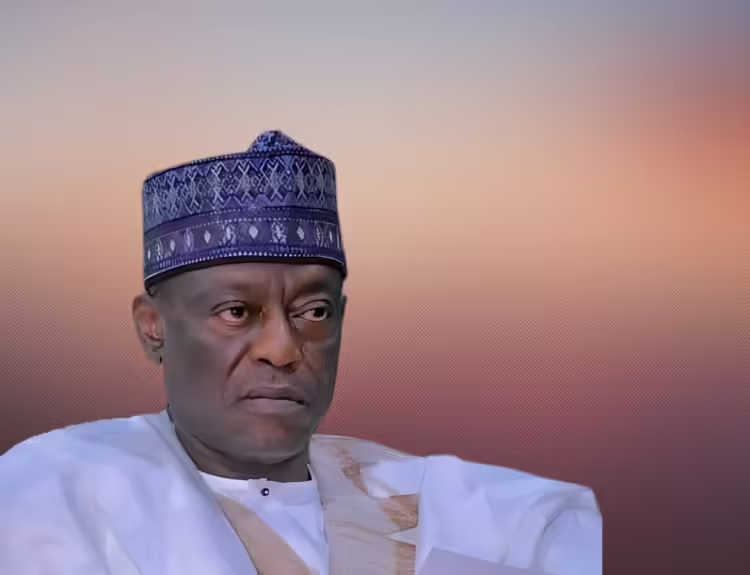A raid early this month on the offices of industrialist Aliko Dangote, Africa’s wealthiest individual, took the country’s elites and his friends on the continent by surprise.
The storming of the billionaire’s company by Nigeria’s Economic and Financial Crimes Commission (EFCC) is linked to suspected foreign exchange dealings with former central bank boss Godwin Emefiele.
Authorities have accused the former central banker of manipulating the country’s currency, Naira, and giving some companies, including Dangote Group, a favorable exchange rate. Dangote Group has termed the allegations as “unwarranted embarrassment.”
“Worthy of note is the fact that the officials did not take any documents or files from our head office during their visit, as these were already in their office,” Dangote Group headquarters in Lagos said in a statement.
As the January 4 storming sends shockwaves across boards in Africa’s largest economy, observers reckon this was long coming, and the signs were there.
Dangote Vs. Rabiu
While some have argued that the investigation proves that no one is untouchable under the new regime led by Bola Tinubu, others are seeing the hand of the Bua Group, owned by Abdul Samad Rabiu.
But Rabiu is different from your ordinary competitor. He is worth an estimated $6.5 billion, according to Forbes. The 63-year-old is the fifth richest on the continent, with operations in the cement and sugar sectors, just like Dangote.
Sources familiar with the long-running feud between Nigeria’s two largest cement makers have alleged that Dangote has fallen out of favor with the Tinubu administration.
Critics say that the industrialist has benefited massively from his political ties with four successive regimes to build a sprawling empire through sugar, flour, salt, and cement.
Cement has been the most significant driver in Dangote’s business empire, even as he eyes oil with a $20bn refinery that was recently brought online.
At the launch of the refinery last year, which was done with pomp and color, Tinubu was missing at the event attended by top State officials, including then-outgoing President Muhammadu Buhari.
The director-general of Nigeria’s Manufacturers’ Association, Segun Ajayi-Kadir, has slammed the EFCC, saying that if it can happen to Dangote, it can happen to anyone.
“Manufacturers are concerned that if this can happen to Dangote, it can happen to any of them. They are worried,” Ajayi-Kadir noted.
“This may not be the best way to show that Nigeria is committed to good governance.”


Aso Rock corridors
But as the world toasted Dangote for his oil refinery that is expected to cut Nigeria’s reliance on expensive imports, rival industrialist Rabiu has maintained that his success is anchored on underhand business dealings.
World inequality justice group Oxfam in their new report has noted that Dangote enjoys a “near monopoly” operation in the West African country.
“Dangote Cement has enjoyed some of the world’s highest profit margins on cement (45%), while paying a tax rate of 1% over 15 years. World Bank data has in the past shown that Africans pay more than others worldwide for cement,” Oxfam said in their 2024 inequality report.
For some in Nigeria, the wealthiest dollar billionaire in the entire continent with a sprawling business empire in over 10 African countries is not as powerful and influential as he used to be.
The regime that took office last year is not aligned with Dangote, the first in decades. This means that the protection from competition and reduced tax costs the billionaire has unduly benefited from are no longer there.
Sources close to Aso Rock intimated to Businessempires.africa that Rabiu heavily funded the campaigns that saw Tinubu succeed Buhari.
This could explain EFCC’s investigations on the tycoon. Rabiu has allegedly accused Dangote of benefiting from, who coincidentally has accused Dangote of unfair access to foreign exchange from the central bank under Emefiele.
According to stories that Dangote has alleged were sponsored by Rabiu’s Bua Group, the illegal foreign exchange alleged that he profited from prices far below market rates.
Bua Group, on its part, has claimed that Dangote has been working to sabotage its operations for over three decades.
The two largest cement makers are battling in court over alleged attempts by Dangote to stop his competitor from limestone, a key component in cement production, in Edo State.
Bua Group has also claimed that Dangote Group issued them with bouncing cheques.
Observers have also claimed that the reluctance of the Nigerian National Petroleum Corporation (NNPC) to supply his new refinery with the amounts of crude he needs could also be another pointer to a rocky relationship with the new president.
This is despite NNPC owning a 20 percent state of the refinery.
Whether the turbulence will crash Dangote’s empire is a matter that waits to be seen. But what is clear is that for the first time, Africa’s richest man does not enjoy the influence he once had in Aso Rock corridors.






